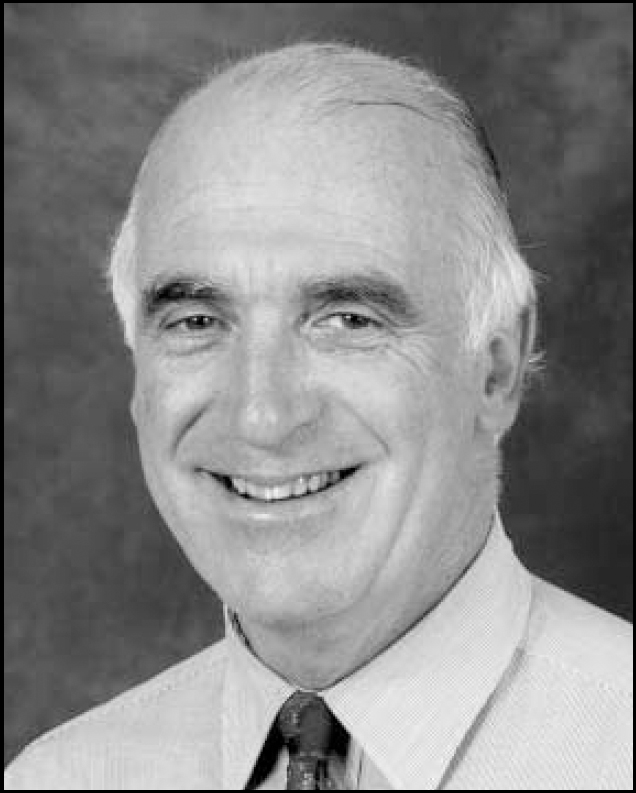
Gordon Parker is Scientia Professor, School of Psychiatry, University of New South Wales and Executive Director, Black Dog Institute (www.blackdoginstitute.org.au). He trained at Rozelle Hospital and Prince Henry Hospital, Sydney. His special interests include managing depressive disorders, and modelling and developing specific treatments for those with mood disorders.
If you were not a psychiatrist, what would you do?
Enjoy retirement and master golf.
What has been the greatest impact of your profession on you personally?
The breadth of the research field and the opportunities it presents.
Do you feel stigmatised by your profession?
No longer.
What are your interests outside of work?
Rugby - tragic, golf - tragic, creative writing - tragic, reading.
Who was your most influential trainer, and why?
I was lucky to receive training from both Leslie Kiloh (strongly biological) and David Madison (strongly otherwise) who held sway in Sydney at the same time, with the resulting frissons occasionally producing oysters in trainees.
What job gave you the most useful training experience?
My first year in a Neuropsychiatry Institute where we admitted everyone, whether requiring a subdural haemorrhage drained or time out from their borderline career.
Which book/text has influenced you most?
DSM-III: providing a challenge that has driven much of our research.
What research publication has had the greatest influence on your work?
Many of Michael Rutter's papers, as they provided a model for thinking about issues and emphasised the importance of clarity in psychiatry research and writing.
What part of your work gives you the most satisfaction?
Testing hypotheses - even more satisfying, when they are not confirmed and an alternative explanation is required.
What do you least enjoy?
Administration.
What is the most promising opportunity facing the profession?
Destigmatisation of mood disorders and the greater respect shown to psychiatrists.
What is the greatest threat?
Middle management.
What single change would substantially improve quality of care?
A return to the future in terms of the nursing model.
What conflict of interest do you encounter most often?
Another round of golf or not.
Do you think psychiatry is brainless or mindless?
Neither, but the prioritisng of biological psychiatry is of concern, as is the lack of advocates and useful models for the less biological aspects of psychiatry.
How would you entice more medical students into the profession?
Have them work as if ‘apprentices’ in outpatient psychiatric practices.
What is the most important advice you could offer to a new trainee?
Keep up the reading.
What are the main ethical problems that psychiatrists will face in the future?
Ones that emerge from greed, laziness and poverty of thought.
How would you improve clinical psychiatric training?
A greater pluralism to the models provided to trainees.
What single change to mental health legislation would you like to see?
A definition of mental illness that works.
What is the future for psychotherapy in psychiatry training and practice?
The future is good if more sophisticated teaching models are developed that offer a pluralistic package containing the non-specific components that build to a treatment alliance and the specific components that are needed for that particular patient with that particular problem.
What single area of psychiatric research should be given priority?
How conditions are best modelled.
What single area of psychiatric practice is most in need of development?
How to manage those with personality disorders.



eLetters
No eLetters have been published for this article.